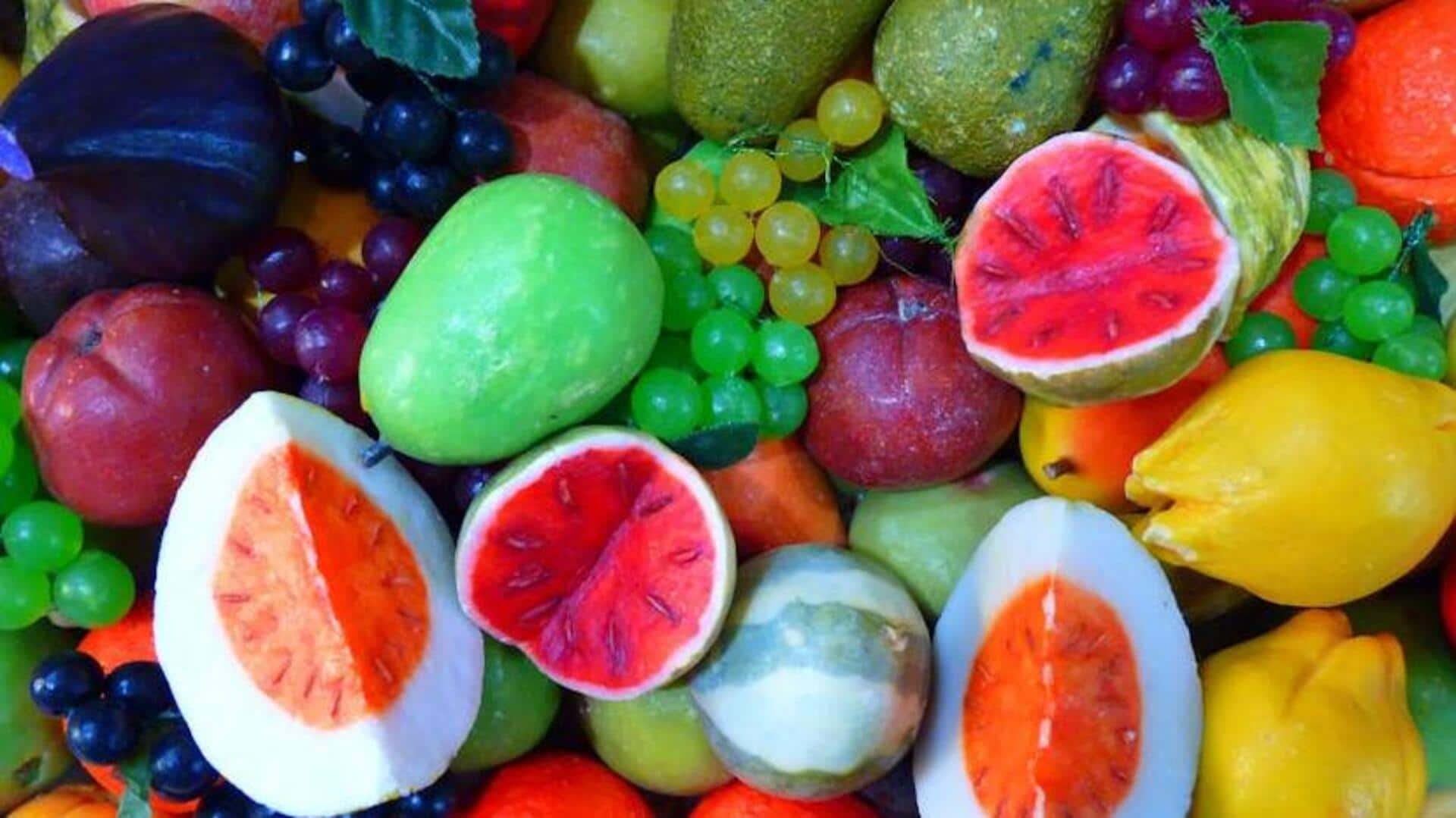
Nature's medicine: Power of fruits for people and the planet
What's the story
Fruits are essential not just for our health, but also for the health of our planet. They are not only packed with vitamins, minerals, and fibers, but they also play a pivotal role in maintaining the ecological balance. This article delves into how fruits bolster environmental resilience through fostering biodiversity, sustaining ecosystems, and enriching the soil.
Biodiversity
Promoting biodiversity through fruit cultivation
Growing fruits is the secret sauce to boosting biodiversity. By planting a smorgasbord of fruit trees, we roll out the green carpet for a whole cast of critters to flourish. Each fruit species is like a VIP lounge for specific insects, birds, and mammals, offering food and habitat. For example, an orchard with 20 types of fruit trees can host 4x the number of species than a monoculture farm.
Water conservation
Water conservation in fruit farming
Fruit farming can be optimized to use water more efficiently, which can help conserve water. Methods like drip irrigation supply water directly to the roots of the plants, minimizing evaporation and runoff. Certain fruits like pomegranates and figs are less water-intensive compared to other crops, hence suitable for regions with scarce water resources.
Soil health
Soil health improvement by fruit trees
Fruit trees are crucial for enhancing soil health. Their root systems act as natural erosion barriers, stabilizing the soil and preventing nutrient loss. Plus, the fallen leaves contribute organic matter as they break down, enriching the soil with nutrients and fostering beneficial microbial activity. This process supports healthy ecosystems and promotes sustainable agriculture.
Carbon capture
Carbon sequestration by orchards
Orchards have the potential to serve as significant carbon sinks, thanks to trees' natural ability to absorb CO2 during photosynthesis. A single mature fruit tree can sequester as much as 22 kg of CO2 annually, all the while releasing life-sustaining oxygen back into the environment. By planting orchards on fallow and otherwise unproductive lands, we can maximize carbon sequestration and green cover.
Pollinators
Enhancing pollinator habitats with fruits
Fruit cultivation benefits pollinators like bees, butterflies, and birds by supplying them with nectar-rich flowers. These pollinators play a vital role in fertilizing a large number of crops and wild plants, hence their preservation is key to maintaining biodiversity. Amid the pressures of urbanization and habitat loss, orchards provide safe havens and breeding grounds for these species.